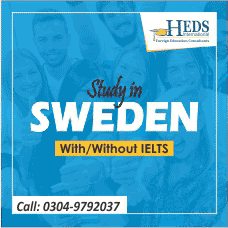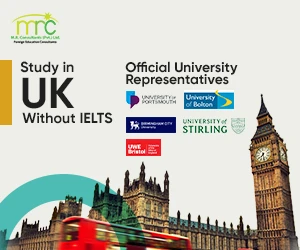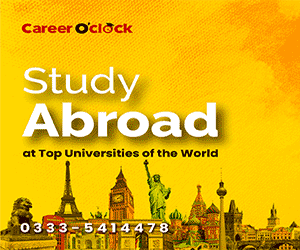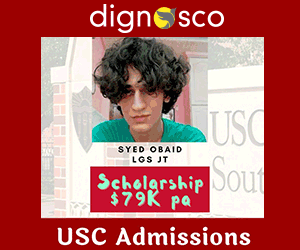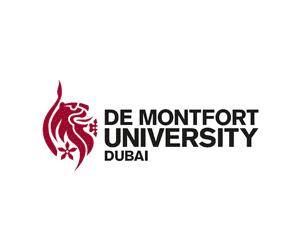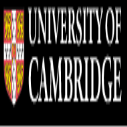
Doctoral
Computer Science & IT,Medical & Pharmacy,Education,Religion & Ethics
 UK
UK
University of Cambridge
Eligible:
All nationalities
Criteria:
Applicants should hold or be about to achieve a First or Upper-Second (2. i) class degree in a relevant subject.
Applicants must be International and EU students.
Last date:
18 March 2022
The aim of the project is to identify Adeno-associated virus (AAV) toxicity biomarkers by cutting-edge spatial proteomics tools in vitro. The studentship is available for the most talented EU and International students in the UK.
University or Organization: University of Cambridge
Department: Biochemistry
Course Level: PhD
Award: £17500
Number of Awards: NA
Access Mode: Online
Nationality: International and EU
The award can be taken in the UK
Application Deadline: Friday, 18 March 2022
Admission Requirements:
The requirements specified in this section are the minimum requirements for PhD admission to the University.
Language Requirement:
If English isn’t your first language, you will be required to submit evidence that you meet the University’s English language requirement before you are admitted to your proposed course of study.

Get Latest Scholarships in Your Email
Get a regular scholarship alert. We'll deliver important and latest scholarships to your email

2025 SCHOLARSHIPS FOR INTERNATIONAL STUDENTS AVAILABLE
The programme is characterised by its distinctive, interdisciplinary focus on the interactions between people, information and digital technologies.
Business and Management
The Management School is Triple Crown accredited by AMBA, EQUIS and AACSB.
English language requirements for a Bachelor's and a Master's degree: Overall IELTS score of 6.5 with a minimum of 6.0 in each component.
Data Science
The programme is characterised by its distinctive, interdisciplinary focus on the interactions between people, information and digital technologies.
English language requirements for a Bachelor's and a Master's degree: Overall IELTS score of 6.5 with a minimum of 6.0 in each component.
 UK
UK

The university offers a diverse range of undergraduate and postgraduate programs across disciplines, including science, engineering, humanities, and business. With a strong emphasis on innovation and global impact, it is home to world-class facilities like the Materials Innovation Factory.
Additional Support for International Students:
A limited number of scholarships are available to cover the fee difference for outstanding international students.
Inclusive Environment:
Support for students with disabilities, caring responsibilities, or other personal circumstances, including potential access to a Disabled Students Allowance.
 UK
UK
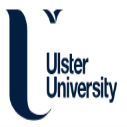
Outsourcing, Performance Management and Assets Management
Understanding government outsourcing and value for money
Performance measurement in the public/private sector – understanding effectiveness of methods/frameworks in public and private sector organisations
Asset pricing issues – (factor investing, bubble detection, mispricing of stocks during economic uncertainties, financialisation of commodities and precious metals, risk and return)
 UK
UK

ESRC North West Social Science Doctoral Training Partnership (NWSSDTP)
The North West Social Science Doctoral Training Partnership is one of fourteen DTPs in the UK, created by the Economic and Social Research Council (ESRC).
The NWSSDTP comprises the Universities of Liverpool, Keele, Lancaster, Manchester, and Central Lancashire, and provides Master’s and PhD students with access to funding and quality research training in social science disciplines.
 UK
UK

Eligible programmes
Only complete full-time and part-time postgraduate taught courses that lead to a Master’s degree are included within the scholarship scheme:
Full-time course leading to a taught Master’s degree
Part-time course leading to a taught Master’s degree
MRes Biosciences
MRes Stem Cell Neurobiology
 UK
UK

PhD project
Quantum computation is an exciting development in computer technology, with a theoretical basis that was formalised in the early 1990s.
Practical-minded technologists are interested in how to design the architecture and the interfaces for these computers, theorists continue to investigate the model and how it contrasts to ‘classical’ computation, and everyone tries to find new techniques to solve problems involving this counterintuitive model of computation.
 UK
UK
Study Level

Subject / Specialist




.gif)





